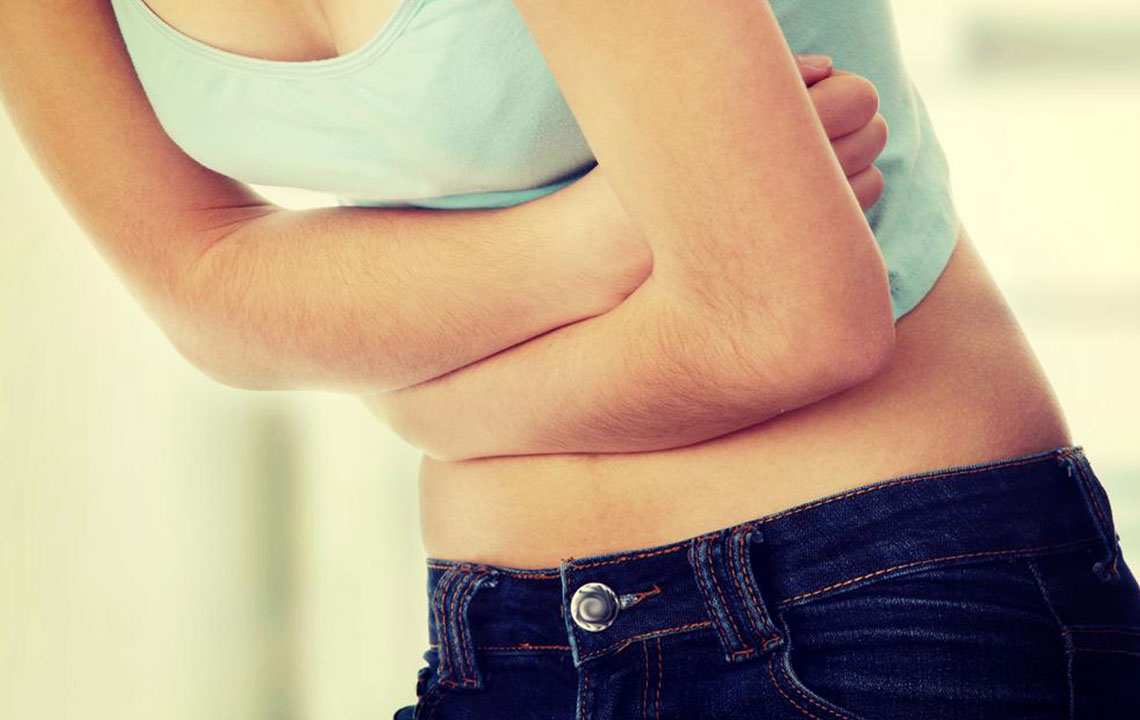Causes And Treatments For Constipation

Constipation is a condition that involves difficulty in passing stools. Hardening of stool and decrease in the frequency of passing stool is also noticed.
Sometimes, episodes of constipation can occur in between diarrhea as well. When constipated, the stools are hardened, and it becomes difficult for it to pass through your rectum.
Causes of constipation
- Your diet plays an important role in the functioning of your body, and the same goes for constipation and its treatment. Consuming foods that are rich in fats and dairy products causes constipation. Inadequate consumption of foods that are rich in fiber is also a major cause.
- Water is something you shouldn’t compromise. Drinking eight to ten glasses of water on a daily basis is a must. Inadequate consumption of water can cause your stools to harden. Your colon needs water to keep the stools soft as well. Drinking a lot of water is also one of the treatments for constipation.
- Excessive consumption of alcohol can lead to dehydration. These drinks make you pass urine frequently, due to which your intestines begin to absorb moisture. This causes you to get constipated.
- Sometimes, constipation is caused when you delay or ignore your bowel movements. Ignoring the desire to have bowel movements may initiate a cycle of constipation. This is true for people who hold back their stools because they don’t like using the public toilet. This shouldn’t be the case as it can lead to progressive constipation if repeated often.
- Medications can cause constipation too. Painkillers, iron tablets and a few narcotic drugs can suppress bowel function, leading to constipation.
- Laxatives help induce bowel movements and loosen the stool, but using this can make your bowel lose its sensitivity. You might become too dependent on these laxatives, and it can have a negative effect on you, that is constipation. Be careful when using laxatives when using them as treatments for constipation.
- People who suffer from irritable bowel syndrome or IBS can suffer from constipation as well.
- Inflammation of an intestine and abdominal hernia that are wedged in the intestines can cause constipation.
Treatments For Constipation
Olive Oil
Olive oil is perhaps an old wives’ tale for treating constipation, but the fact is that it is one of the best remedies. Take a spoon of warm olive oil first thing in the morning, and you will see the difference. It stimulates the digestive system and helps your bowels function properly as well. Consuming olive oil regularly can help prevent constipation in the long run as well.
Aloe Vera
The benefits of aloe vera don’t end with your skin. It can help soothe the inflammation in your stomach, and intestine as well. Scrape the gel from the inner part of the plant, and consume about two spoons of it. Aloe vera gel is available in stores too, so you can buy it if you don’t have the plant.
Baking Soda
Baking soda is the go-to remedy for many problems, and the same goes for constipation. Since it is a bicarbonate, it can help release any excess air either through belching or flatulence. This way it can relieve pressure, which in turn can help with your bowel movements. Since baking soda is alkaline, it can neutralize the acids in your stomach.
Prunes or Prune Juice
Like olive oil, this remedy is a traditional one as well. Prunes were used as natural laxatives. It can work wonders as it has a high fiber content. It also contains a chemical known as sorbitol which can soften the stools, and helps add bulk to the stool, making the passing of stools much more easier.
Yogurt
Bacteria are responsible for some infections and complications. Your stomach still needs a few good bacteria to perform necessary functions. Sometimes, when you consume too much of processed foods and excessive junk, you might get a bacterial infection. The good bacteria in your stomach is lost when you eat fast foods. Consuming yogurt can help get rid of the bad bacteria, and the probiotics can help keep the good bacteria plentiful and strong.
Lemon Juice
Lemons contain citric acid which works as a great stimulant for your digestive system. Lemon juice can help detox and flush all the toxins in your body. Squeeze lemon juice into a glass of water and consume this solution. The water can help you lose weight and loosen your stools too.
Ginger
Ginger is known for its many medicinal properties, and this root can work as a great remedy for constipation. It has a warming effect on the body, so consuming this can help ease the digestive system and aid in relieving constipation. Boil ginger in a glass of water and consume this twice a day. It is one of the best home-based treatment for constipation.
A lot of people who suffer from constipation don’t like talking about it, but this shouldn’t be the case as treatments for constipation are simple and cost effective. Follow these home remedies and make sure you consult your doctor if the condition persists.


